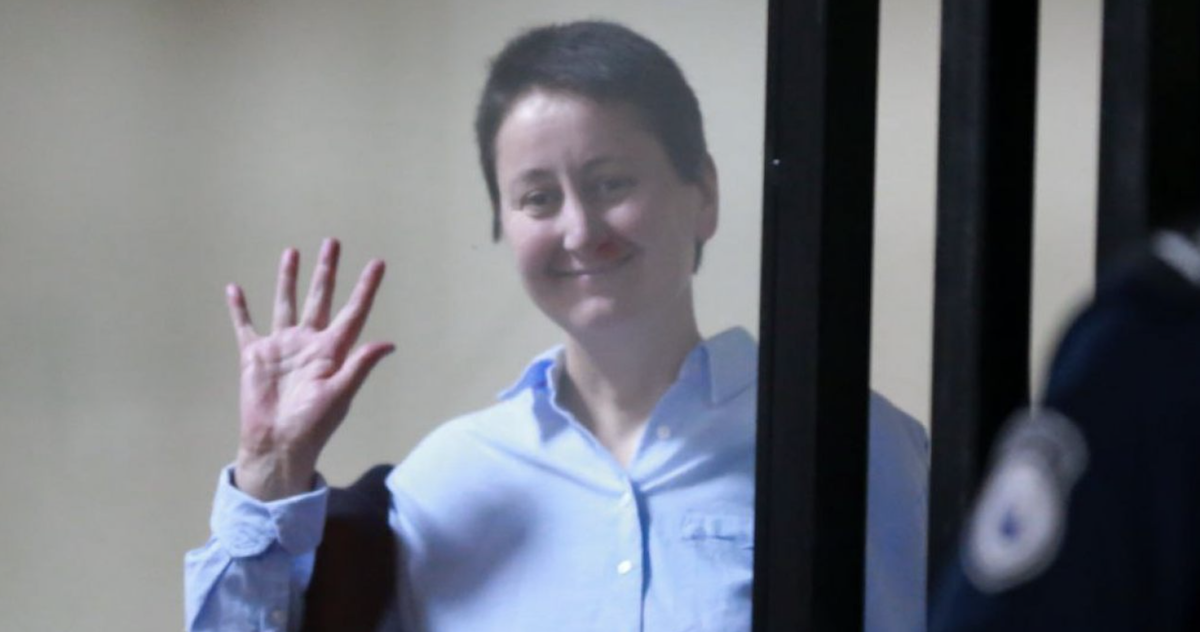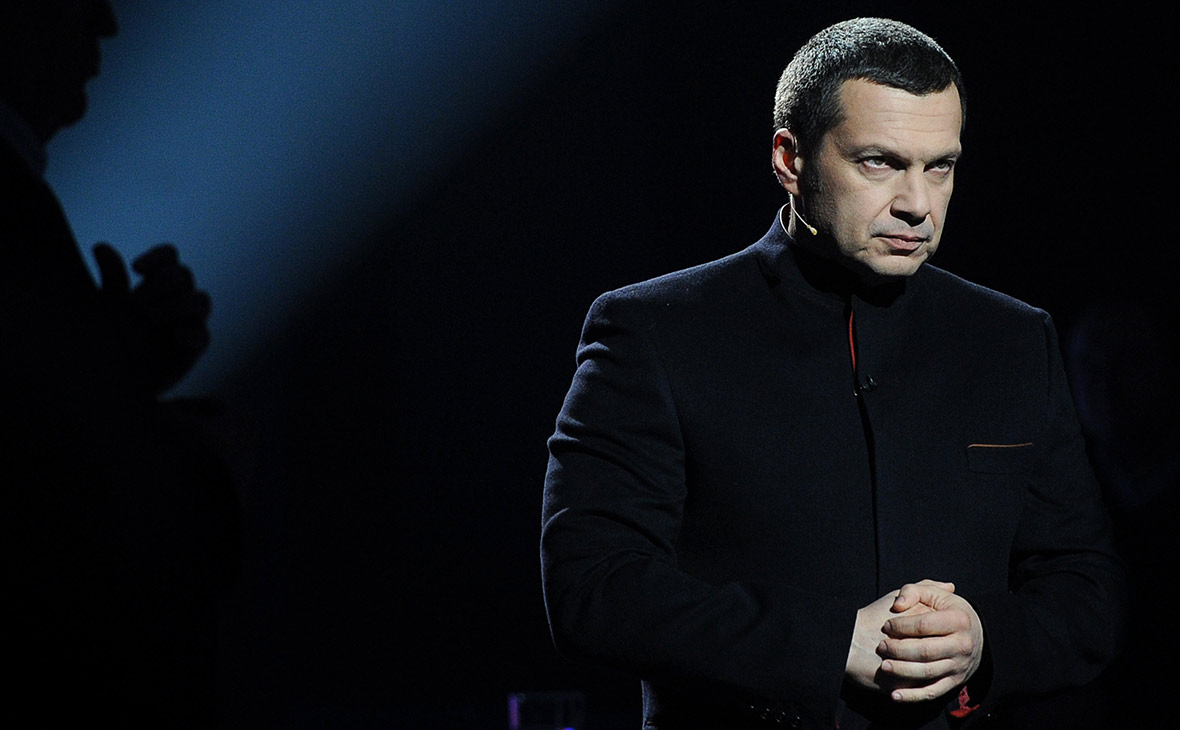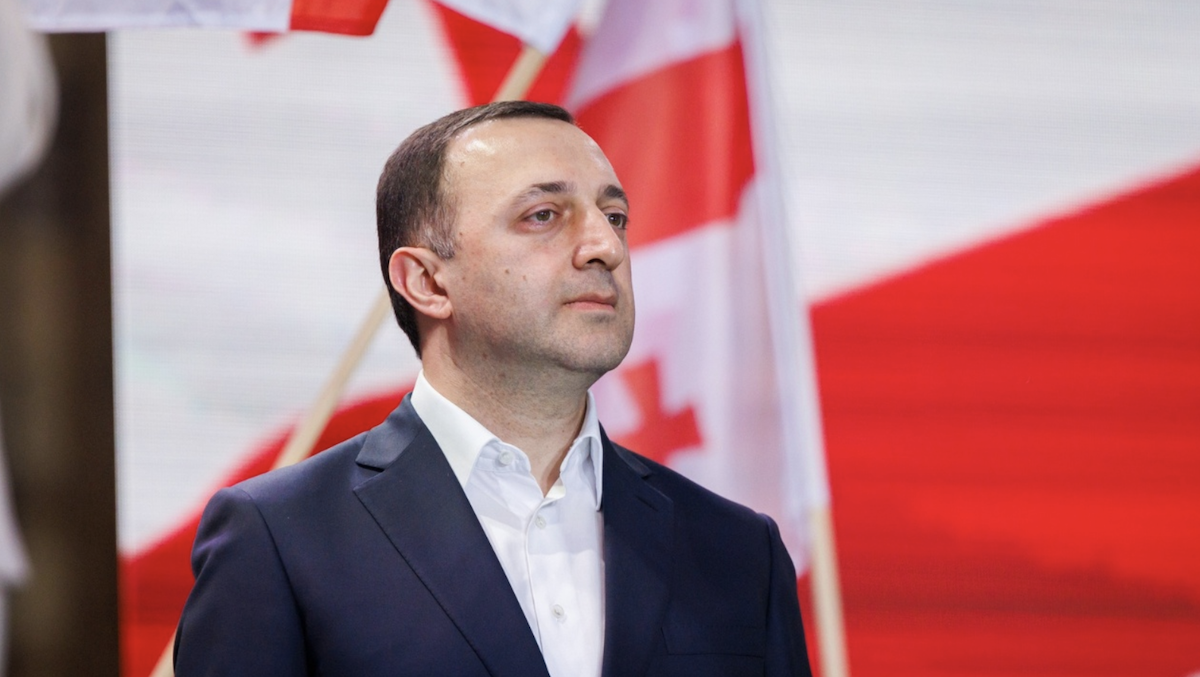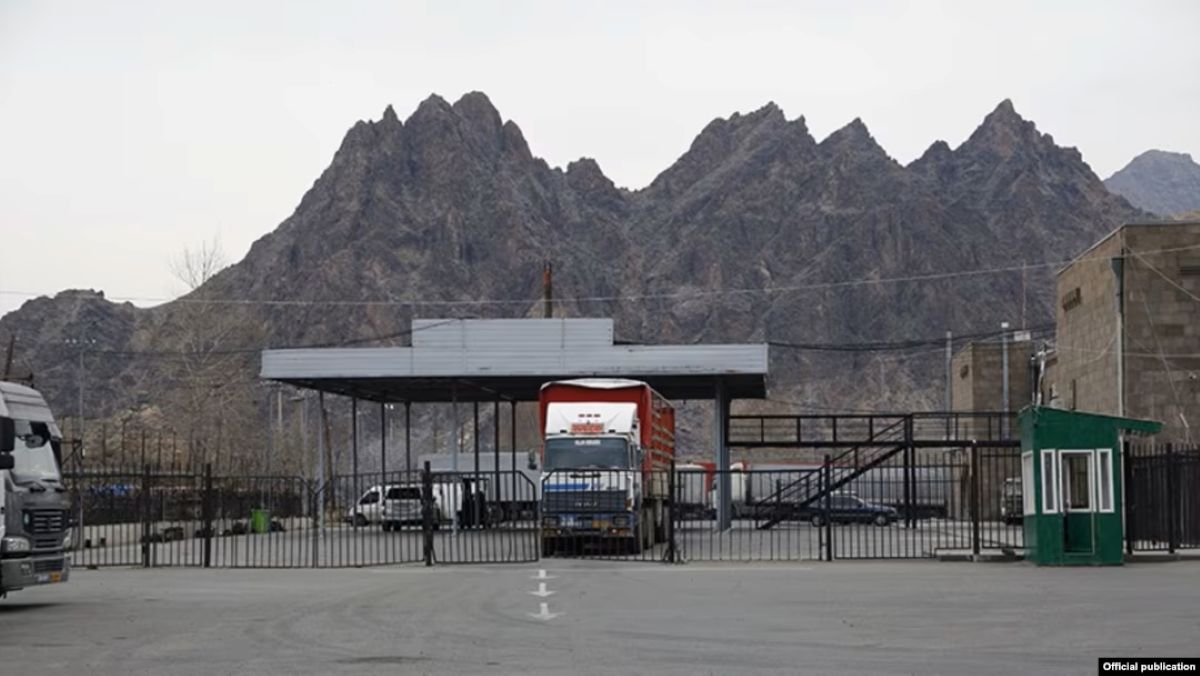Bundestag spoke the word “genocide”
In Germany
The German Parliament approved a resolution on June 2, recognizing the mass killing of Armenians in the Ottoman Empire during WWI as a genocide.
As the MPs stated during debates on the resolution, Germany has no place to once again become an accomplice to a crime committed a century ago. As it was pointed out, it was not Turkey’s accusation, but rather a tribute to the victims of the developments in 1915.
Dietmar Nietan, the Chairman of the Social Democratic Party of Germany, stated: “Being Turkey’s ally at that time, our country turned a blind eye. Whereas today, we should provide a clear description of what happened and call a genocide a genocide. The victims and their descendants have long been waiting for this recognition.
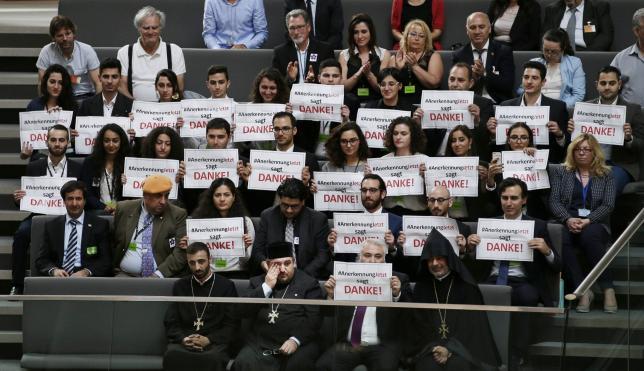
Photo Reuters: the Armenian community in Germany thanks the Bundestag members
As it is pointed out in the document itself: “Bundestag condemns the actions of the Young Turks’ Government that resulted in the almost complete extermination of Armenians in the Ottoman Empire…Based on the April 24, 1915 decree of the Young Turks’ government, the planned massacre and deportation of over 1 million Armenians began. Their fate exemplified one of the mass exterminations, ethnic cleansings, deportations and yes, genocide (Germ. Völkermord), which plagued the 20th century in such a terrible way.”
Bundestag regrets an dishonorable role of the German Reich, which as a military ally to the Ottoman Empire, did nothing to stop these crimes against humanity despite the explicit reports from German political figures and missionaries. Bundestag recognizes the historical responsibility of Germany.
As the German Chancellor, Angela Merkel, stated following the adoption of the resolution entitled: “Remembrance and commemoration of the genocide of Armenians and other Christian minorities in 1915 and 1916: “We would like to promote a dialogue between Armenia and Turkey. At the same time, the Chancellor stressed that Germany was ready to maintain relations with Turkey in all aspects, since there were close ties between the two countries. In particular, strategic partnership on defence issues and 3-million strong Turkish community, residing in Germany”.
Speaking at a joint news conference with Angela Merkel, NATO Secretary General, Jens Stoltenberg, expressed hope for the speedy normalization of relations between Turkey and Armenia.
German Foreign Minister, Frank-Walter Steinmeier, stated: “This is an independent decision of the German Bundestag. As expected, Turkey reacted, and I hope that over the next days and weeks we will be able improve their relationship so as to avoid an overreaction. Germany will spare no efforts to ensure that the neighboring countries – Turkey and Armenia not only speak ‘about each other’ but also communicate with each other.
In the world
The global media has been published reports on the adoption of the resolution, emphasizing that the MPs voted ‘aye’ despite the expected negative reaction on the part of the Turkish government. That’s how Reuters has titled its article: “Germany triggers Turkish outcry with Armenian genocide vote.
At the same time, foreign media outlets have stressed that the resolution was put up for vote on the grounds Germany and EU’s urgent need for Turkey to curb the migrant flow to Europe.
In Turkey
As Binali Yildirim, the Prime Minister of Turkey, stated before the adoption of the resolution, in the case of a positive vote, his country would ignore the results of the vote, since “what happed to the Armenians in 1915 during WWI is something that could happen in any country.
However, Turkey did not just ignore, but rather, furiously opposed the adoption of the resolution. Turkish President, Recept Tayyip Erdogan, noted that having consulted with Prime Minister, Binali Yildirim, they decided to once again call upon their ambassador from Berlin. “The decision made by Bundestag will seriously affect German-Turkish relations. We will discuss our plans for further actions upon our ambassador’s return.
Immediately after the adoption of the resolution, the Turkish Premier rested the entire responsibility for the German Parliament’s ‘historic mistake’ on ‘a racist Armenian lobby.’ Whereas Turkish Foreign Minister, Mevlüt Çavusoglu, tweeted some accusations against Germany: “Blackening the history of other countries by irresponsible and unjustified decisions of the parliament in order to distract from the dark sides of one’s own history is unacceptable.
In Armenia
Serzh Sargsyan, the President of Armenia, sent letters of gratitude to the German President, Joachim Gauck; German Chancellor, Angela Merkel and the Bundestag Chairman, Norbert Lammert: “This step symbolizes the superiority of universal democratic values and emphasizes Germany’s consistent role in preserving these values. It is a message to the world that crimes against humanity are not only remembered 100 years later, but are also condemned with accurate measures.
Armenian Foreign Minister, Edward Nalbandian, also welcomed the adoption of the resolution: “German President Joachim Gauck’s statement on the Centenary of the Armenian Genocide, together with this resolution adopted by the Bundestag, are two of Germany’s valuable contributions not only to the international recognition and condemnation of the Armenian Genocide, but also to the universal fight for the prevention of genocides and crimes against humanity.
Young people gathered outside the German embassy in Yerevan. They were holding flags, flowers and leaflets with words of gratitude, which they were chanting in Armenian and German.
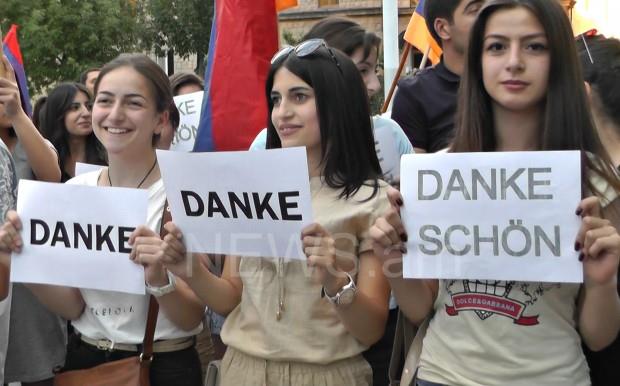
Photo: News.am
On social media
Over the course of the day, Armenian Facebook users were sharing the details of the event, expressing gratitude to German lawmakers and discussing the politicians’ statements.
Trend One: Turkish politicians are the same barbarians as those who lived one century ago
Turkish Premier Binali Yildirim’s statement, in which he termed the developments in 1915 as ‘an ordinary event,’ caused particular outcry.
“Genocide is an ordinary event for him. That says it all. That’s the reason why Turkey does not recognize the genocide – what happened in their country is not regarded by them as something extraordinary. It’s so ordinary for them. It’s an absolutely barbaric approach.
Trend Two: Something is changing in the world
“Turkey hoped that the resolution would not be passed. But this is a political decision. It had been made in Germany long before the voting took place, though everyone understood that it would strain relations with Turkey. Berlin’s recognition of the Armenian Genocide paves the way for the acknowledgement of the genocide by other countries.”
Trend Three: Nothing in life happens by chance
“Bundestag recognized the Armenian genocide on June 2 – on the day the Berlin Court acquitted Soghomon Tehlirian, an Armenian avenger, who assassinated Talaat Pasha. It’s symbolic. The celebration of 95th anniversary of Tehlirian’s acquittal was successful.
Dossier JAMnews:
- Hundreds of thousands of Armenians died in the Ottoman Empire in 1915. Many of the victims were civilians deported to barren desert regions where they died of starvation and thirst.
- Armenia says up to 1.5 million ethnic Armenians died at the time and refers to the events as genocide.
- Turkey rejects the use of this term, maintaining that many of the dead were killed in clashes during World War One and that many ethnic Turks and Kurds were also casualties in the conflict.
The opinions expressed in the article convey the author’s terminology and views and do not necessarily reflect the position of the editorial staff.
Published: 03.06.2016












